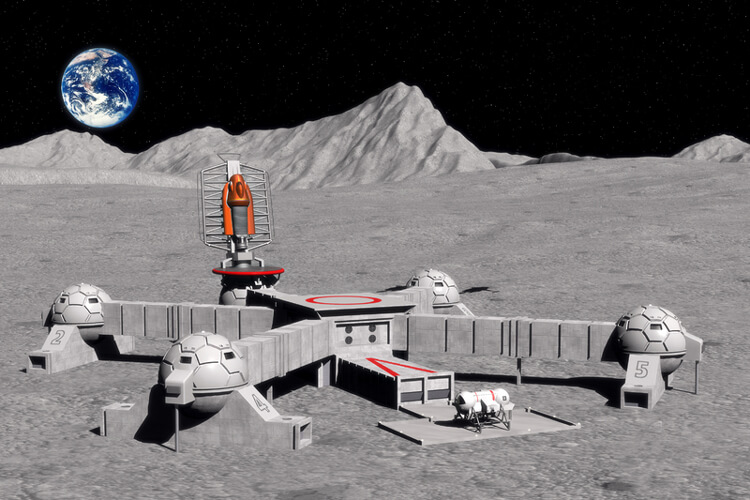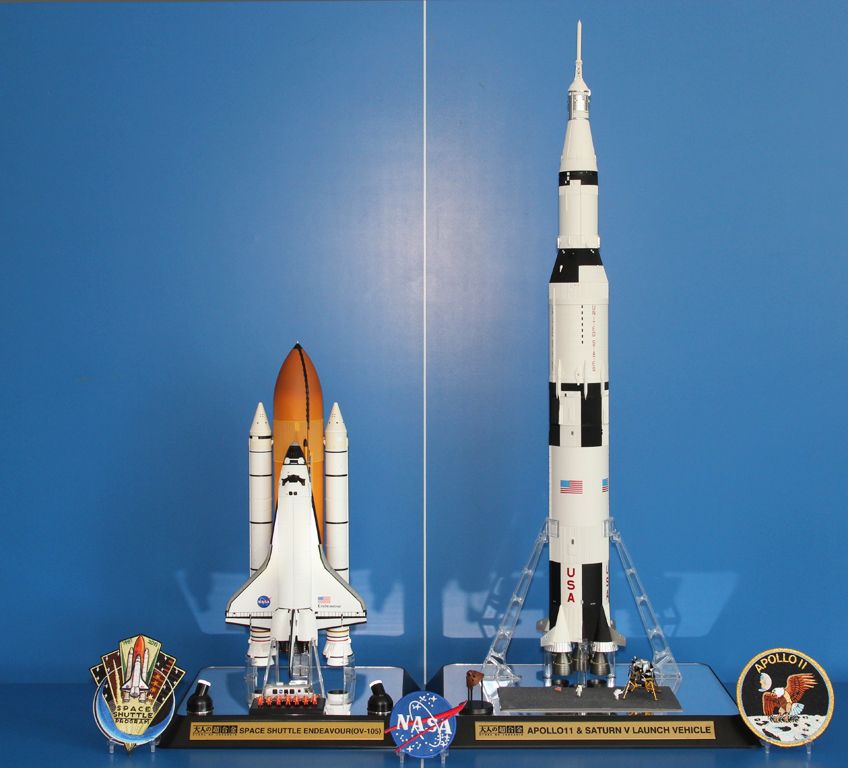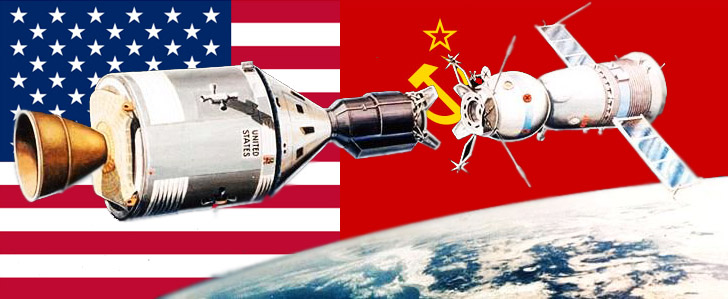"A well regulated Militia, being necessary to the security of a free State, the right of the people to keep and bear Arms, shall not be infringed."
Few people actually show the text. When England's government became oppressive and unfair to the colonies, it was necessary to raise an army of Militia soldiers to defend and fight for freedom. The authors of our Constitution knew, first hand what it was like to stand up to a bad government that was in power. In their wisdom, they kept this check in the foundation of the new government they were forming. This amendment was meant to keep a balance between the population and any government (like England) that could become corrupted.
Consider for a moment, Nazi Germany. Their government was a democracy similar to England. Of the 12,000,000 exterminated, if only 1% of them had firearms, there would be an armed force of 120,000. Think about what a difference it might have made.
It wasn't until after the war that Nokmim (Hebrew: הנוקמים), also referred to as The Avengers or the Jewish Avengers, a Jewish partisan militia was formed. Forming a "militia." Sound familiar? Pity it was AFTER the war.
Tuesday, June 23, 2015
Wednesday, June 17, 2015
Are we in a Decline of our Civilization?
In the 1970s we had landed on the moon and space seemed to be our Oyster. There was no reason to doubt that we would have lunar colonies by the end of the 20th century. The Space Shuttle, although only an orbiter, seemed like the first step in building true re-usable spacecraft. The planets like Mars and Venus seemed to be so close we could touch them next.
Even though we were in the middle of the cold war and competition with the Soviet Union was tense this (along with the release of Star Wars in 1977) actually fueled much of the advancement. In a race that began with Sputnik in the 1950s, each side was trying to "conquer space" first.
In 1989 the wall in Berlin fell and with it came the fall of the Soviet Union and the Cold War. With this epic event, which is regarded as one of the greatest moves toward peace on the planet, came the decline of our drive to push further into space.
I realize I am basing the entire civilization's ascension or decline on this one metric of space travel, but there are several points to this that I think make it a good indicator.
- The Space Race itself was the catalyst for developing a lot of the technologies we use today.
- It was one of the few items in our history as a species, that united us.
- Space technology may become necessary one day as an escape for the human race
- Space technology may become necessary one day to deflect a NEO (Near Earth Object) or Asteroid
- When you stop looking up and exploring, you drive inward.
- NASA provides the most compelling evidence in the arguments for climate change
As some in power ignore the clear evidence of climate change, we may find ourselves rushing headlong into a world like the one predicted in interstellar. Please take a look at the clip below. If you haven't seen the movie, please watch this:.
While one might look up at the International Space Station and say that we ARE in space, consider the scale. If we used the scale of a regular classroom globe the ISS would reside at a point about 3/4 of and inch (1.5 cm) from the surface. Using the same scale the moon would be 14 feet away. By those terms, humans haven't left the planet in over 40 years.
Thursday, May 7, 2015
"In Georgia, yet another Christian pastor is arguing that gays do not deserve to live"
What kills me is the "pick and choose" ability by so many people. You can't just pick a quote and decide this one is literal, but the rest are not.
According to Leviticus, eating shellfish and pork are a death worthy crime. Hell, if you follow the Old Testament (or the Torah to some of us) that closely, you shouldn't have a New Testament.
But let's look a little further here:
Leviticus 20:9 "“‘Anyone who curses their father or mother is to be put to death." This would kill off most of the western world.
Leviticus 20:10 “‘If a man commits adultery with another man’s wife—with the wife of his neighbor—both the adulterer and the adulteress are to be put to death."
Anyone sensing a pattern here?
Leviticus 21 "“‘Priests must not shave their heads or shave off the edges of their beards or cut their bodies."- I wonder if he shaved this morning...or got a haircut...EVER!
Leviticus 19 ‘Keep my decrees.
“‘Do not mate different kinds of animals.
“‘Do not plant your field with two kinds of seed.
“‘Do not wear clothing woven of two kinds of material.
Sorry that means no:
GMOs,
Labradoodles
or Spandex.
Clearly, all "death-worthy abominations?"
Friday, April 17, 2015
The Face of Doctor who and the Science Fiction Fan
Some time in 1976 I discovered that my favorite television show at the time, Star Trek was listed as "Science Fiction" in the TV Guide.
Since this was a fairly "dry" period for new science fiction television, I thought I would scan the guide and see if I could find more shows that were also "Science Fiction."
I stumbled upon a show on PBS called "Doctor Who." I had never heard of it before and neither had my parents or anyone else I had talked to at the time.
Now I grew up in the US in pretty big city, Doctor Who had been on the air in England since 1963, but it was still a pretty obscure thing in the states in the 1970s. It was relegated to the "Nerd-ier" section of TV on the PBS stations as an unusual import.
Without knowing any of this, I watched my first episode "Pyramids of Mars" and was totally confused. Still, the inside of the TARDIS seemed pretty cool, so I stuck with it. I watched other Tom Baker episodes, not knowing anything about the history of the show, it's mythology (which it had even then) or it's fans. I remember watching Tom Baker's regeneration into Peter Davison and scratching my head.
With Star Wars' release in 1977, pop science fiction and simple space opera became common. We got some great surprises like Battlestar Galactica and some abominations like Quark.
Doctor Who remained in obscurity in the US.
In 1982 I met a guy in school who was an overly serious Doctor Who fan. He was just happy to find ANYONE who even knew anything about the show. He was convinced that Doctor Who didn't need a fan club, it needed an "Appreciation Society." Yeah, I know it doesn't get any nerdier than that.
I knew he was a little overly serious, but the whole history of the show drew me in. The older episodes were not yet available in the US and I learned there where whole seasons of the show that were supposedly lost or destroyed.
He lent me books of older episodes, which I devoured quickly. It allowed me to catch up on the long history of the TV show without being able to see the old episodes.
In the months that followed, PBS aired some of the Doctor previous to Tom Baker, Jon Pertwee. Here is when I think I became a real "fan" of the show.
Unfortunately, the show's popularity was waning and it was cancelled in 1989. Other than a few rumblings, it seemed Doctor Who was going to fade into British Myth and US obscurity.
In the 1990s, there was a ray of hope with a US produced Doctor Who movie. The movie itself, featured Paul McGann as a rather like-able Doctor. The show had some beautiful sets and an excellent performance by Eric Roberts as the Master, but the show's publicity was lackluster and the story dragged quite a bit. It seemed to only appeal to a few Doctor-Who-starved fans.
When it returned in 2006 with Christopher Eccleston, I assumed it might last a season, if that. I figured it will either be so removed from the original that it will annoy fans of the classic Doctor Who (like the new Star Trek movies), or it just would not have enough promotion and it would die like the McGann movie did.
In an amazing turn this new Doctor Who (and BBC America) brought the show to the main stream. It also helped to re-ignite a lot of intelligent science fiction again. It's not completely uncommon for Americans to know what a Dalek is now. Torchwood spin off even made Doctor Who sexy (who knew).
The Doctor is now even in music videos! Talk about making it into pop-culture!
Here we are almost 40 years after my first viewing experience and more than 50 years since the first episode. It's come a LONG way.
I still find it gratifying that my favorite shows growing up were Star Trek, Doctor Who and Battlestar Galactica. My favorite movie was Star Wars. I guess I picked ones that would last.
Since this was a fairly "dry" period for new science fiction television, I thought I would scan the guide and see if I could find more shows that were also "Science Fiction."
I stumbled upon a show on PBS called "Doctor Who." I had never heard of it before and neither had my parents or anyone else I had talked to at the time.
Now I grew up in the US in pretty big city, Doctor Who had been on the air in England since 1963, but it was still a pretty obscure thing in the states in the 1970s. It was relegated to the "Nerd-ier" section of TV on the PBS stations as an unusual import.
Without knowing any of this, I watched my first episode "Pyramids of Mars" and was totally confused. Still, the inside of the TARDIS seemed pretty cool, so I stuck with it. I watched other Tom Baker episodes, not knowing anything about the history of the show, it's mythology (which it had even then) or it's fans. I remember watching Tom Baker's regeneration into Peter Davison and scratching my head.
With Star Wars' release in 1977, pop science fiction and simple space opera became common. We got some great surprises like Battlestar Galactica and some abominations like Quark.
Doctor Who remained in obscurity in the US.
In 1982 I met a guy in school who was an overly serious Doctor Who fan. He was just happy to find ANYONE who even knew anything about the show. He was convinced that Doctor Who didn't need a fan club, it needed an "Appreciation Society." Yeah, I know it doesn't get any nerdier than that.
I knew he was a little overly serious, but the whole history of the show drew me in. The older episodes were not yet available in the US and I learned there where whole seasons of the show that were supposedly lost or destroyed.
He lent me books of older episodes, which I devoured quickly. It allowed me to catch up on the long history of the TV show without being able to see the old episodes.
In the months that followed, PBS aired some of the Doctor previous to Tom Baker, Jon Pertwee. Here is when I think I became a real "fan" of the show.
Unfortunately, the show's popularity was waning and it was cancelled in 1989. Other than a few rumblings, it seemed Doctor Who was going to fade into British Myth and US obscurity.
In the 1990s, there was a ray of hope with a US produced Doctor Who movie. The movie itself, featured Paul McGann as a rather like-able Doctor. The show had some beautiful sets and an excellent performance by Eric Roberts as the Master, but the show's publicity was lackluster and the story dragged quite a bit. It seemed to only appeal to a few Doctor-Who-starved fans.
When it returned in 2006 with Christopher Eccleston, I assumed it might last a season, if that. I figured it will either be so removed from the original that it will annoy fans of the classic Doctor Who (like the new Star Trek movies), or it just would not have enough promotion and it would die like the McGann movie did.
In an amazing turn this new Doctor Who (and BBC America) brought the show to the main stream. It also helped to re-ignite a lot of intelligent science fiction again. It's not completely uncommon for Americans to know what a Dalek is now. Torchwood spin off even made Doctor Who sexy (who knew).
The Doctor is now even in music videos! Talk about making it into pop-culture!
Here we are almost 40 years after my first viewing experience and more than 50 years since the first episode. It's come a LONG way.
I still find it gratifying that my favorite shows growing up were Star Trek, Doctor Who and Battlestar Galactica. My favorite movie was Star Wars. I guess I picked ones that would last.
Friday, February 27, 2015
Signs of Life?
"As a NASA spacecraft approaches a dwarf planet in our solar system, Ceres, scientists are stumped by what appear to be two bright lights shining from its surface."

This is interesting. It's probably nothing, but it opens the question (in my mind anyway), of what if we did find a sign of life.
How hard would we work to dismiss it?
We can say it's probably this or that, but truthfully, at this distance, we really cannot say for sure.
What would it take?

This is interesting. It's probably nothing, but it opens the question (in my mind anyway), of what if we did find a sign of life.
How hard would we work to dismiss it?
We can say it's probably this or that, but truthfully, at this distance, we really cannot say for sure.
What would it take?
Monday, January 5, 2015
A discussion with scifi author Hal Rappaport about modern day equivalents to Orwell's 1984 predictions
A discussion with scifi author @HalRappaport about modern day equivalents to Orwell's 1984 predictions. http://t.co/qboNOAiJ33
— Big Picture Science (@BiPiSci) August 6, 2014
Subscribe to:
Posts (Atom)














